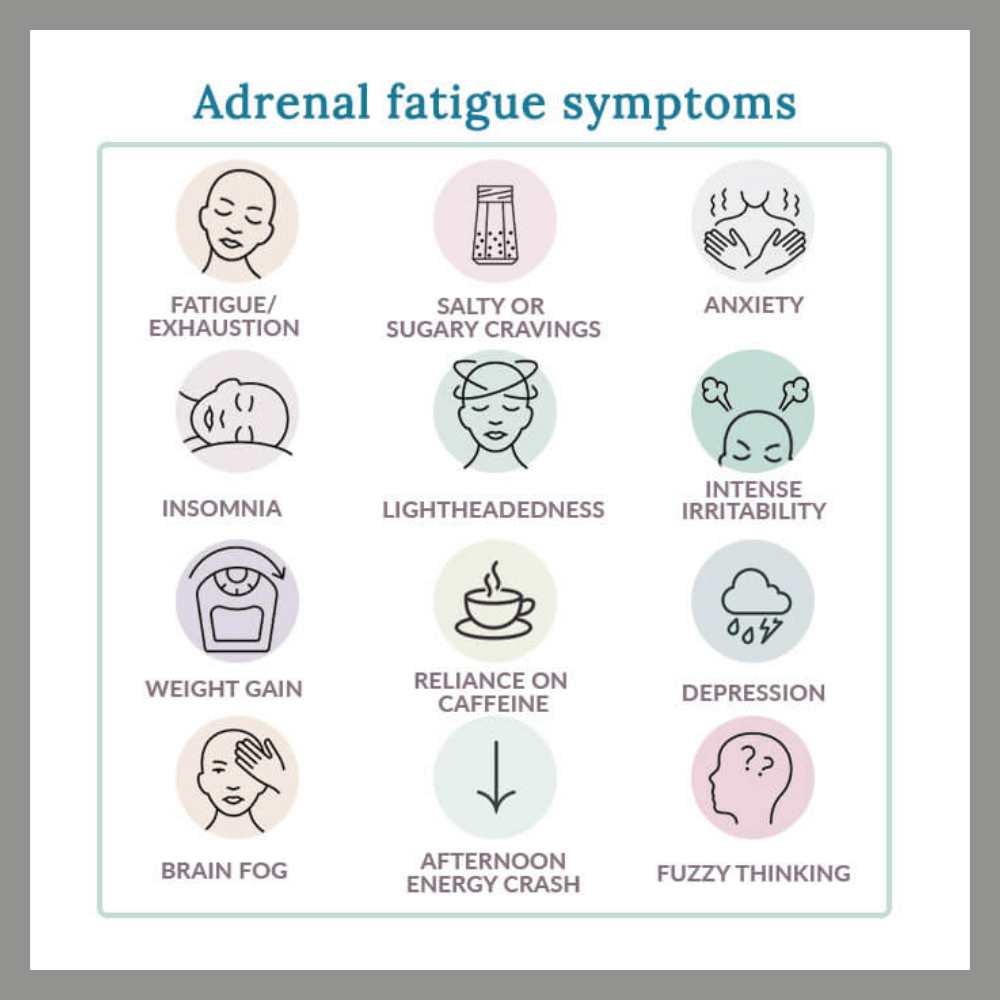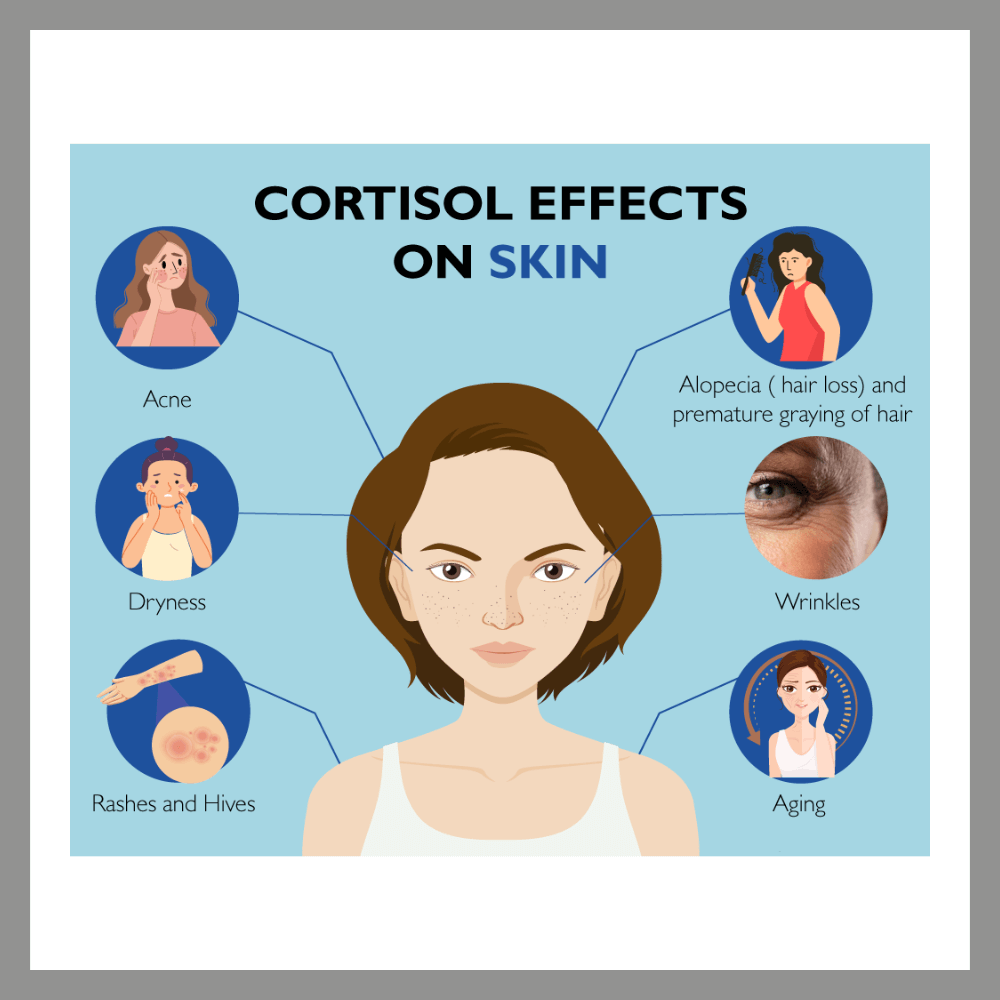Stress is a natural, biological response that our body and mind use to deal with challenging or threatening situations. It is not always negative—in fact, stress can be helpful in small doses. It can motivate you, sharpen your focus, and help you perform better. However, when stress becomes chronic or overwhelming, it can have serious effects on your mental and physical health.

What is Stress?
Stress is the body’s response to any demand or threat. When you perceive danger – whether it’s real or imagined – your body goes into high alert. This is often referred to as the “fight-or-flight” response. Your heart rate increases, your muscles tighten, your breathing quickens, and your senses become sharper. These changes help you act quickly in dangerous situations.
Stress can come from a variety of sources – work, school, relationships, financial problems, illness, or even internal thoughts like fear or anxiety. Everyone experiences stress differently, and what’s stressful to one person might not be stressful to another.
There are generally two types of stress:
- Acute Stress – Short-term stress that goes away quickly. It can help you manage dangerous situations or meet deadlines.
- Chronic Stress – Long-term stress that remains constant over a period of time. This kind of stress can be harmful and lead to various health issues.
What is the Name of the Stress Hormone?
The main hormone associated with stress is cortisol. It is produced by the adrenal glands, which are located on top of each kidney. Cortisol is often referred to as the “stress hormone” because it plays a key role in the body’s stress response.
Another important hormone involved in stress is adrenaline (also known as epinephrine). While adrenaline works quickly to prepare the body for immediate action, cortisol acts more slowly and helps maintain the stress response over a longer period.
When is the Stress Hormone Released?
Cortisol is released by the adrenal glands in response to a signal from the brain. Here’s a simplified breakdown of how it works:
- Trigger: The brain detects a stressful situation through the hypothalamus.
- Signal: The hypothalamus sends a signal to the pituitary gland.
- Command: The pituitary gland then signals the adrenal glands to release cortisol.
This chain reaction is called the HPA axis—short for the Hypothalamic-Pituitary-Adrenal axis.
Cortisol is not only released in times of extreme stress. It is also a part of our normal daily rhythm. Cortisol levels are typically higher in the morning,say around 8-9 am helping us wake up and feel alert, and lower at night when it’s time to relax and sleep.
However, when you’re under prolonged stress, cortisol levels remain elevated for extended periods. This constant state of alertness can be harmful to your body and brain.
Signs That Show You Are Running on Stress Hormones
Chronic stress can affect almost every system in your body. High cortisol levels, especially when they remain elevated over time, can cause noticeable physical, emotional, and behavioral changes.
Here are some common signs that indicate you might be running on stress hormones:
1. Fatigue and Sleep Problems
- You feel tired even after a full night’s sleep.
- You have trouble falling asleep or staying asleep.
- You wake up feeling anxious or restless.
2. Digestive Issues
- Upset stomach, cramps, or irritable bowel syndrome (IBS).
- Loss of appetite or overeating, especially sugary or fatty foods.
3. Mood Changes
- Feeling anxious, depressed, or overwhelmed.
- Mood swings and irritability.
- A sense of constant worry or dread.
4. Cognitive Problems
- Trouble concentrating or remembering things.
- Brain fog and mental exhaustion.
- Reduced decision-making ability.
5. Physical Symptoms
- Frequent headaches or muscle tension, especially in the neck and shoulders.
- Increased heart rate or palpitations.
- High blood pressure.
- Weakened immune response—getting sick more often.


6. Changes in Weight
- Unexplained weight gain or loss.
- Particularly, weight gain around the abdomen is linked to high cortisol levels.
7. Addictive or Unhealthy Behaviors
- Increased use of caffeine, alcohol, nicotine, or drugs.
- Overworking or overexercising as a way to cope.
- Isolating from social interaction.
8. Menstrual and Reproductive Issues
- In women, high cortisol can disrupt the menstrual cycle or cause irregular periods.
- In men, it may lower libido and affect testosterone levels.
The Long-Term Effects of Chronic Stress
When the stress hormone cortisol stays elevated for too long, it can damage your body. Long-term exposure can lead to:
- Heart disease
- Diabetes
- High blood pressure
- Obesity
- Anxiety and depression
- Memory and concentration issues
- Weakened immune function
- Irregular menstrual cycle
Essentially, while short bursts of cortisol are helpful for dealing with emergencies, a constant flood of it can slowly wear you down.
The effect of stress hormone or high cortisol in the blood are:
a. Decreased immune function
- Increased ulcer response to H.Pyloric bacteria
- Increased viral infections and bronchitis
- Increased absenteeism
b. Changes in glucose metabolism
- Insulin resistance
- Pre diabetics
- Diabetes and nerve damage
- Truncal obesity
- Fatigue
c. Changes in neuro chemistry
- Decreased Serotonin – Disturbed Sleep, mood swings, anxiety, depression
- Decreased dopamine – pleasure seeking activities, lack of motivation, lack of concentration, increased risk of addiction
d. Changes in cardiovascular status
- Increased blood pressure
- Increased arterial plaque
- Increased belly fat
- Heart attack and stroke


Managing Stress and Balancing Cortisol Levels
The good news is, you can take action to reduce stress and manage your cortisol levels. Here are some foods like wholegreen leafy veggies, berries, olive oil, seeds, fruits, legumes, probiotics, foods which are high in Vitamin B, seeds and nuts, antioxidants etc which help you lower your cortisol levels beside good sleep, exercise and other techniques.
1. Exercise Regularly
- Physical activity helps burn off excess stress hormones.
- Even a 30-minute walk can calm your nervous system.

2. Practice Mindfulness or Meditation
- Techniques like deep breathing, meditation, or yoga can lower cortisol.
- Try spending a few minutes each day in quiet reflection.

3. Get Enough Sleep
- Aim for 7–9 hours of restful sleep per night.
- Avoid screens before bed and keep a regular sleep schedule.

4. Eat a Balanced Diet
- Eat whole foods rich in nutrients, and avoid excess sugar or caffeine.
- Omega-3 fatty acids, magnesium, and B vitamins are particularly helpful.

5. Connect with Others
- Talk to friends, family, or a therapist.
- Social support reduces the impact of stress on the brain.

6. Laugh and Have Fun
- Laughter reduces stress and lowers cortisol.
- Engage in hobbies and activities that make you happy.

7. Set Boundaries
- Learn to say no and avoid overcommitting.
- Manage your time and priorities to reduce unnecessary stress.
Conclusion
Stress is a part of life, and the stress hormone cortisol plays an important role in helping us manage challenges.
However, when stress becomes chronic, it can have serious consequences on our body .
By recognizing the signs of stress, and managing it, one can protect health, improve mood, and lead a more balanced life.
So managing stress isn’t just a luxury; it’s a necessity for your well-being.
